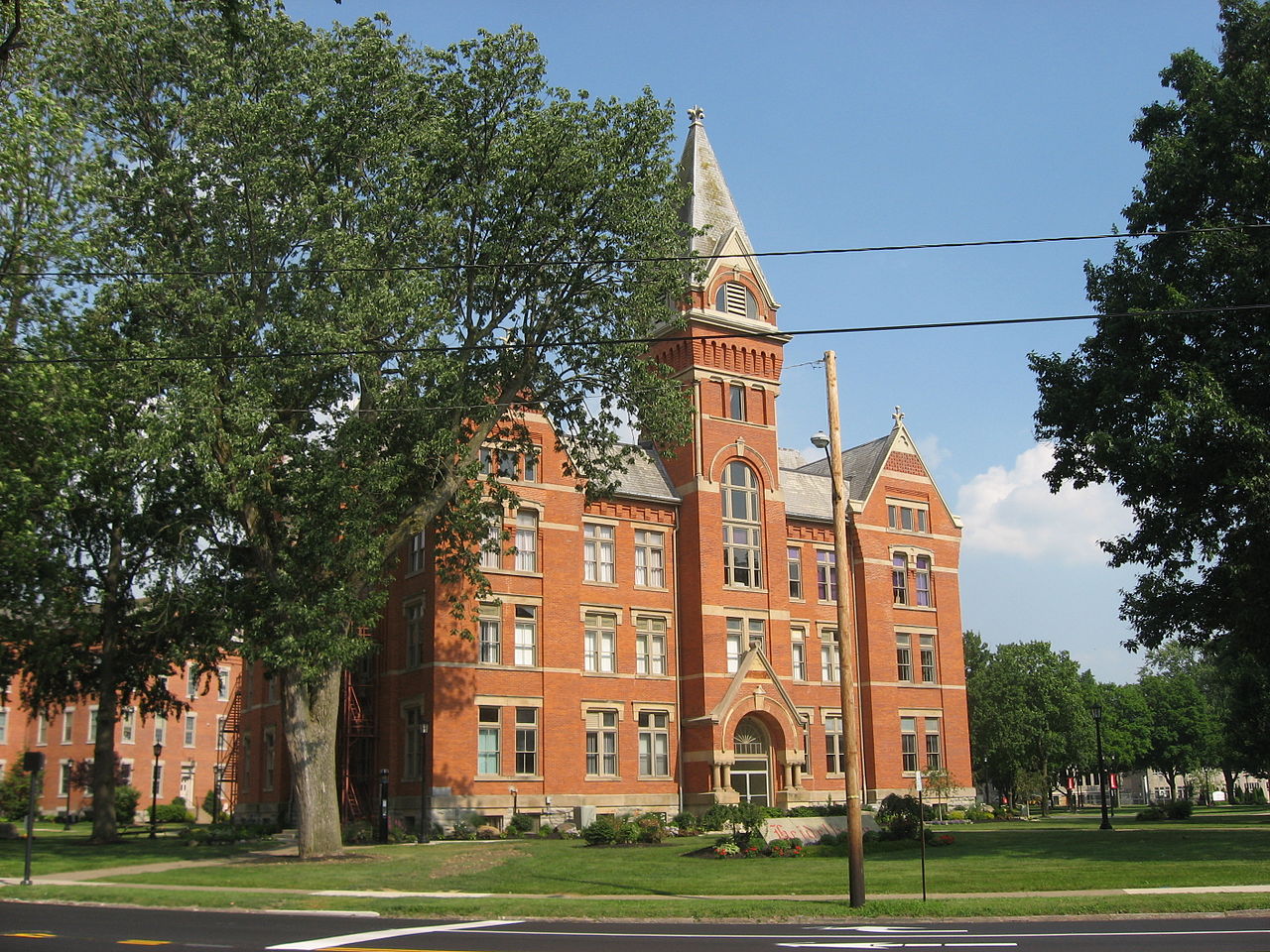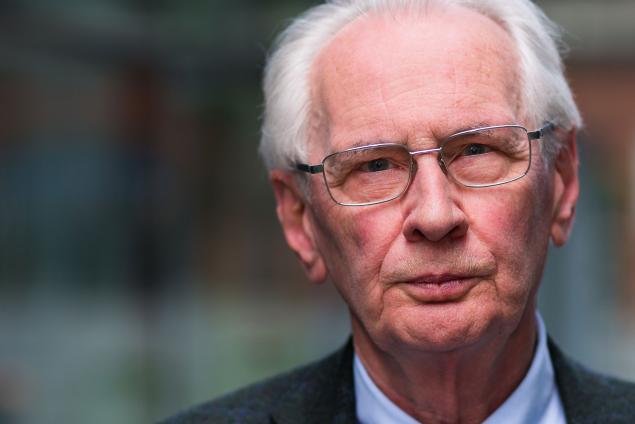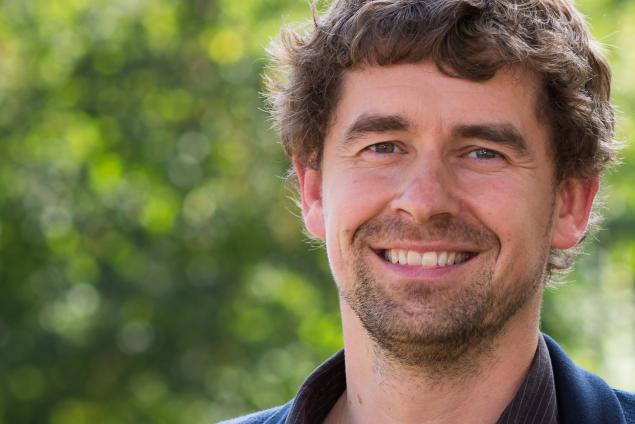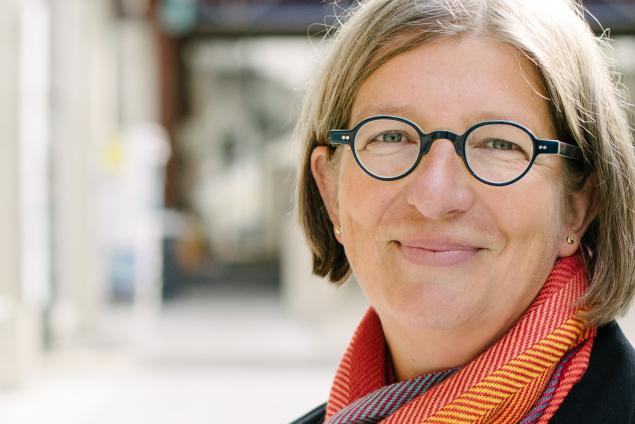Scroll to Section:
The research presented in this video shows the need to reflect precisely the analytical notions and frameworks used when looking at medieval societies, and the limitations of reference to history when tackling contemporary questions. Some of the main findings of the comparative analysis of modern and medieval concepts of Europe conducted by KLAUS OSCHEMA are that ‘Europe’ and ‘Christianity’ were not used synonymously in the medieval ages and that modern historical research on Europe is often inspired by contemporary needs and influences.
DOI:
https://doi.org/10.21036/LTPUB10069
Institution

Heidelberg University (Ruprecht-Karls-Universität Heidelberg)
"Heidelberg University, founded in 1386, is Germany’s oldest university and one of the strongest research universities in all of Europe. The successes in both rounds of the Excellence Initiative and in internationally recognised rankings prove that Heidelberg’s excellent reputation and leading role in the scientific community are well deserved. In terms of educating students and promoting promising early-career academics, Heidelberg relies on research-based teaching and an outstanding, well-structured training for doctoral candidates. Heidelberg University is a comprehensive university, offering the full spectrum of disciplines in the humanities, law and the social sciences alongside the natural and life sciences, including medicine. As a comprehensive university, Heidelberg aims to continue to strengthen the individual disciplines and to further interdisciplinary cooperation, as well as to carry research results over into society and industry. With its aspiration of connecting traditional values with future-oriented scientific concepts in research and teaching, the university is building bridges to the future – Zukunft. Seit 1386." ( Source )
Show more
Original publication
Bilder von Europa im Mittelalter
Mittelalter-Forschungen
Published in 2013
Reading recommendations
Arabic-Islamic Views of the Latin West: Tracing the Emergence of Medieval Europe
Published in 2015Europe. The Emergence of an Idea
Published in 1968Die Identität Europas. Der EU eine Seele?
Published in 2004Geschichte und Zukunft der Europäischen Identität
Published in 2008Medieval Europe – Object and Ideology
Ideas of / for Europe. An Interdisciplinary Approach to European Identity
Published in 2012
Beyond
A Ground-breaking Scientific Revolution
An Alarming Challenge for Society
If I Had a Second Life
A Personal Reading Recommendation




